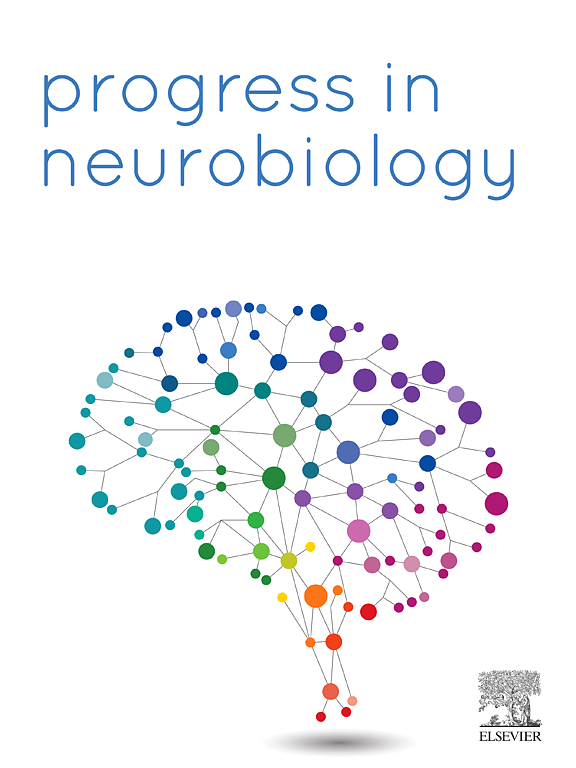CMTR1-catalyzed 2′-O-methylation promotes NMDA receptor signaling, long-term potentiation and memory
IF 6.1
2区 医学
Q1 NEUROSCIENCES
引用次数: 0
Abstract
Eukaryotic mRNA includes a 5′-end m7G cap to prevent degradation and enable cap-dependent translation. The first transcribed ribonucleotide undergoes additional 2′-O-ribose methylation by Cap Methyltransferase 1 (CMTR1). Although this modification impacts gene expression, its physiological role remains largely unclear. High CMTR1 expression in the adult hippocampus prompted us to examine its role in learning and memory. In CMTR1-deficient hippocampi, numerous downregulated genes from transcriptome and proteome analyses were linked to glutamatergic synapses, including N-methyl-D-aspartate receptor (NMDAR) subunits. We generated CMTR1 conditional knockout mice targeting forebrain excitatory neurons and observed deficits in long-term potentiation (LTP) and spatial memory consolidation. D-cycloserine, an NMDAR allosteric agonist, restored memory consolidation and NMDAR hypofunction in these mice. Additionally, re-expression of wild-type, but not catalytically inactive, CMTR1 in hippocampal CA1 neurons rescued LTP and memory deficits. Our findings highlight the role of CMTR1 in regulating NMDAR signaling, which is critical for synaptic plasticity and memory consolidation.
cmtr1催化的2'- o -甲基化促进NMDA受体信号传导、长期增强和记忆。
真核mRNA包括一个5'端m7G帽,以防止降解并实现帽依赖翻译。第一个转录的核糖核苷酸通过Cap甲基转移酶1 (CMTR1)进行额外的2'- o -核糖甲基化。虽然这种修饰影响基因表达,但其生理作用仍不清楚。CMTR1在成人海马中的高表达促使我们研究其在学习和记忆中的作用。在cmtr1缺失的海马中,转录组和蛋白质组分析显示,许多下调的基因与谷氨酸突触有关,包括n -甲基-d -天冬氨酸受体(NMDAR)亚基。我们制造了靶向前脑兴奋性神经元的CMTR1条件敲除小鼠,并观察到长期增强(LTP)和空间记忆巩固的缺陷。d -环丝氨酸,一种NMDAR变构激动剂,在这些小鼠中恢复记忆巩固和NMDAR功能减退。此外,在海马CA1神经元中重新表达野生型CMTR1,但没有催化失活,可以挽救LTP和记忆缺陷。我们的研究结果强调了CMTR1在调节NMDAR信号中的作用,这对突触可塑性和记忆巩固至关重要。
本文章由计算机程序翻译,如有差异,请以英文原文为准。
求助全文
约1分钟内获得全文
求助全文
来源期刊

Progress in Neurobiology
医学-神经科学
CiteScore
12.80
自引率
1.50%
发文量
107
审稿时长
33 days
期刊介绍:
Progress in Neurobiology is an international journal that publishes groundbreaking original research, comprehensive review articles and opinion pieces written by leading researchers. The journal welcomes contributions from the broad field of neuroscience that apply neurophysiological, biochemical, pharmacological, molecular biological, anatomical, computational and behavioral analyses to problems of molecular, cellular, developmental, systems, and clinical neuroscience.
 求助内容:
求助内容: 应助结果提醒方式:
应助结果提醒方式:


